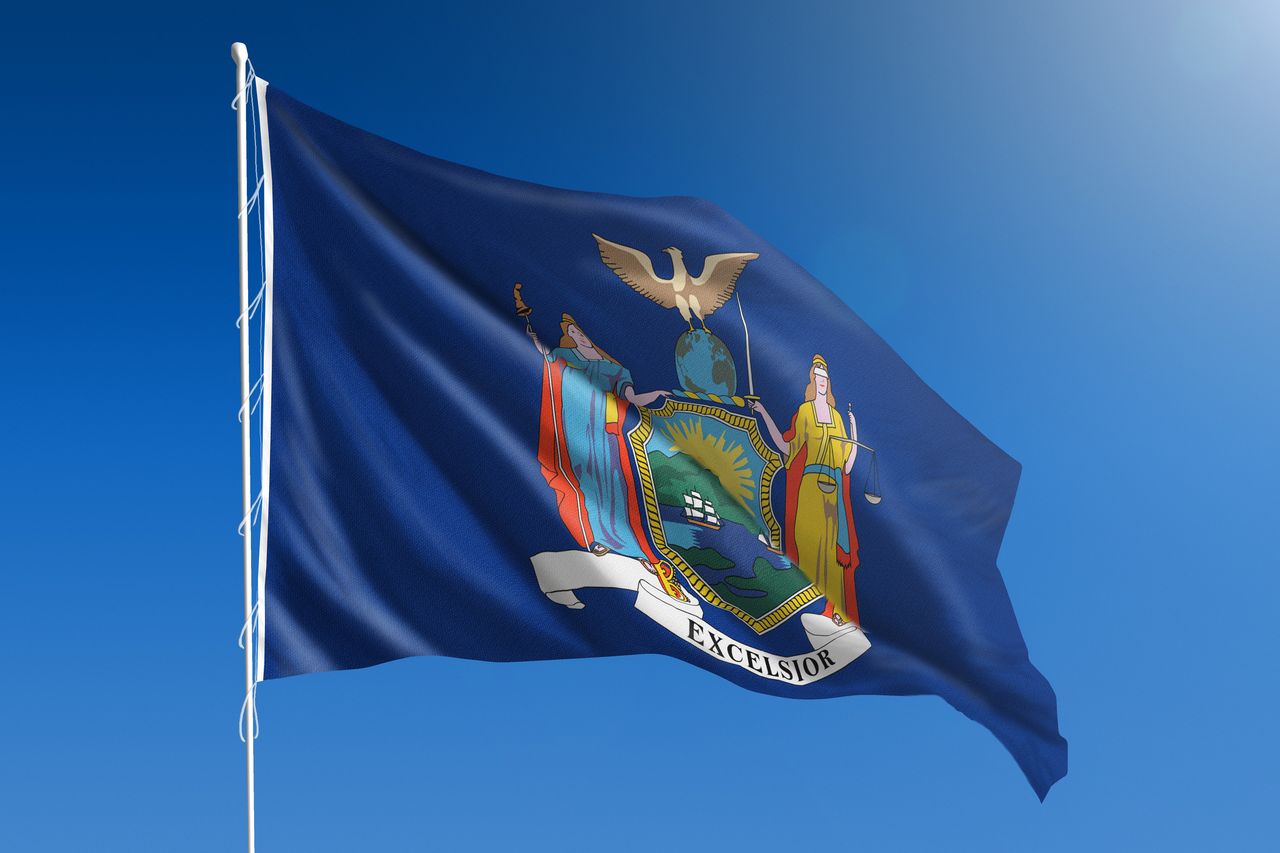
Navigating the complexities of state taxes can be daunting, but understanding New York's tax landscape is essential for residents and newcomers alike.
In this guide, we'll explore key components of The Empire State's tax system, from income and sales taxes to property taxes and retirement benefits.
New York state taxes: Overview
If you live in New York or are considering a move, it is worth taking a close look at how state taxes could impact your budget. The Empire State is already known for its high cost of living, and taxes are a big part of that picture.
With income taxes, property taxes, and sales taxes all on the higher side, New York ranks among the most heavily taxed states in the United States. Still, it is not without its advantages, and some tax perks can help offset the costs.
In the News: There's another payout for some New Yorkers in 2025: the New York inflation refund check. This one-time payment is going out to over 8 million NY taxpayers, and, according to Gov. Kathy Hochul's office, eligible residents can expect to receive hundreds of dollars.
To learn more, see Kiplinger's report New York Inflation Refund Checks Are Coming: What to Know.
[Data for this state tax guide was gathered from several sources including the Census Bureau, the state’s government website, the Sales Tax Handbook, and the Tax Foundation. Property taxes are cited as a rate percentage rather than the assessed value.]
New York income tax

New York has a graduated state individual income tax rate ranging from 4% to 10.9%.
New York retirement taxes
New York tax on retirement benefits: New York does not tax Social Security benefits.
Additionally, retirement income from the federal government, New York state and local government, and military retirement plans is tax exempt.
Railroad retirement benefits are also tax-exempt.
Note: Taxpayers age 59 1/2 and older can exclude up to $20,000 of federally-taxed income from private retirement plans or government plans from another state.
-
Tax on Taxable Income: Low of 4% (on up to $8,500 for single filers and $17,150 for joint filers) and a high of 10.9% (on more than $25,000,000 for all filers)
- Social Security: Not taxable
- Pensions: Taxable (Does not apply to federal, NYS, local, and military retirement income )
- 401(k) and IRA Distributions: Taxable
New York sales tax

The state sales tax rate is 4%, but New Yorkers pay a higher rate since localities can add as much as 4.53%.
In the New York City metro area, there is an additional 0.375% sales tax to support transit.
- Groceries: Exempt
- Clothing: Taxable
- Prescription drugs: Exempt
How much are property taxes in New York?

In New York, the median property tax rate is 1.26%, and the average property tax bill is $3,343, making it one of the most expensive in the U.S.
Thankfully for adults over age 65, property taxes could cost less.
New York Property Tax Breaks for Retirees
Property tax exemption for adults over age 65: New York law gives local governments and public school districts the option of granting a reduction on the amount of property taxes paid by qualifying adults over age 65 by reducing the assessed value of residential property by 50%. Older adults (aka seniors) over age 65 must meet certain criteria to qualify.
- Must be 65 or older
- Have a maximum income between $3,000 and $50,000 (varies by county, city, town, and school district)
- If income is over $50,000, some property owners may qualify for a partial exemption of between 5% and 20%.
Enhanced STAR program for adults over age 65: The Enhanced STAR program exempts part of a home's value from school property taxes. Adults over age 65 must meet the criteria to qualify for the tax break, and the property must be their primary residence.
- Adults must be 65 or older (or turn 65 in the calendar year they apply).
- Cannot have an income above $93,200 (includes income of resident spouses and domestic partners)
New York gas tax

Gasoline |
$0.08 per gallon |
Diesel |
$0.08 per gallon |
Source: Sales Tax Handbook
New York alcohol and tobacco taxes
Product |
Tax Amount |
|---|---|
Cigarettes |
$4.35 per pack |
Other Tobacco Products |
75% of wholesale price |
Medical Marijuana |
7% |
Recreational Marijuana |
13% |
Source: Sales Tax Handbook
Product |
Tax Amount |
|---|---|
Wine |
$0.30 per gallon |
Beer |
$0.14 per gallon |
Liquor |
$6.44 per gallon |
Source: Sales Tax Handbook
New York estate and inheritance taxes
There is no inheritance tax in New York, but there is an estate tax. For 2025, estates exceeding $7.16 million are subject to New York's estate tax.
Taxable gifts made by the decedent as a New York resident within three years before death are included as part of the estate. Tax rates range from 3.06% to 16%.
The New York estate tax is a "tax cliff." That means if the value of the estate is more than 105% of the current exemption, the exemption won't be available, and the entire estate will be subject to state estate tax.







